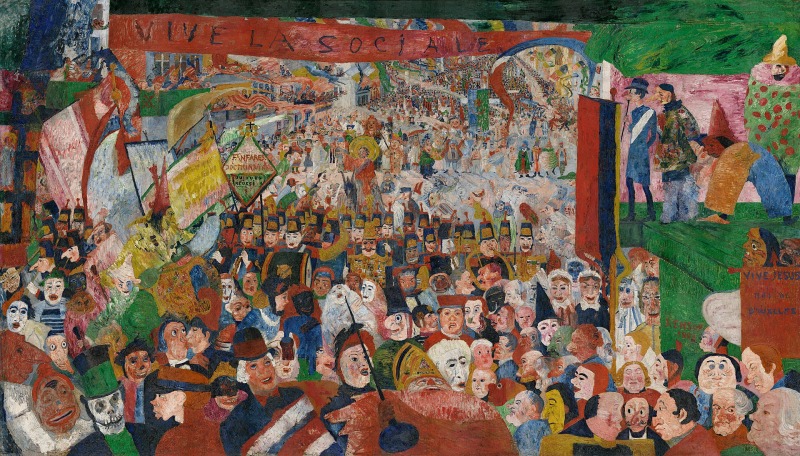Date:

Lecturer:
My topic is a kind of moral failure: a failure to be shocked. The idea that there can be such a moral failure might initially seem dubious. Shock is not voluntary, it seems to involve a certain failure of agency and cognition, it is unpleasant and at times profoundly wounding. Initially, such a state might not seem morally desirable. And yet the absence of shock sometimes strikes us as a moral failing.
I shall propose that shock can be morally significant independently of its consequences but only as part of an ongoing commitment to certain norms, in particular norms that constitute recognizing another as a person. When we witness others in agony, or being severely wronged, or when we ourselves severely wrong or mistreat others, our shock can reflect our recognition of them as persons, a recognition constituted by our commitment to certain moral norms.
However, if we do not in fact respond to the suffering or wrong in accordance with these norms—if, for example, we do not act to relieve their suffering or to properly address the wrong done, and do not avoid or prevent its recurrence—then our commitment to the relevant norms is undermined. When we consistently violate the norms whose violation initially shocked us, our lingering shock upon repeated violations gradually losses its significance and becomes a mere impulse—a fossil of a past commitment, so to speak—before it disappears completely. The failure to be shocked in such instances marks the failure of our moral commitments, which is the failure to recognize others as persons.





